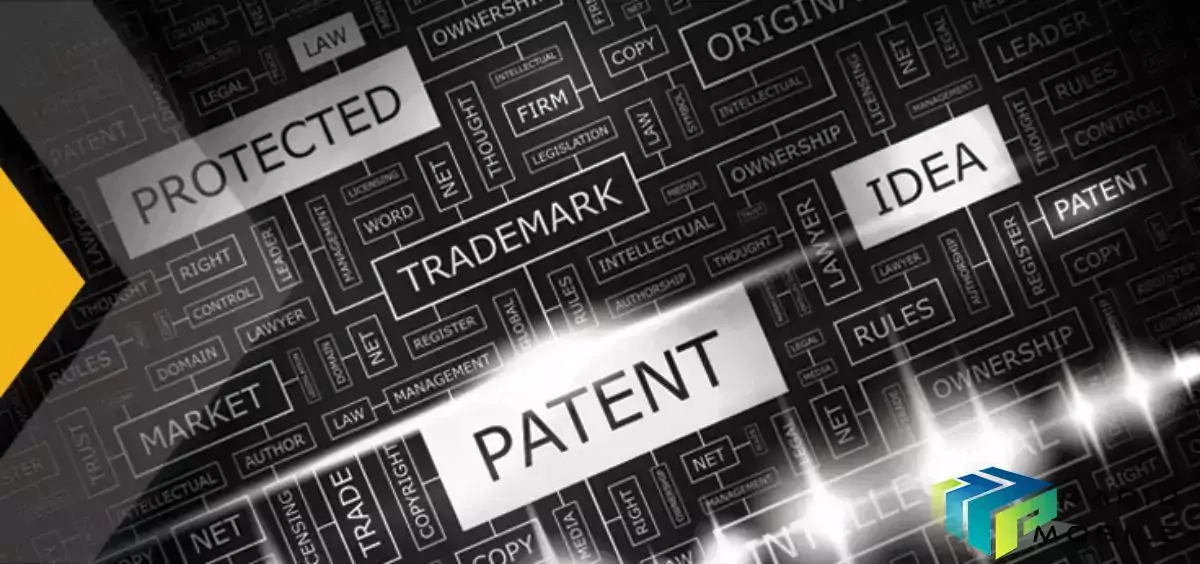BlackBerry has agreed to sell most of its legacy smartphone patents for an upfront payment of US$170-million in a deal the company said could be worth as much as US$900-million.
The deal marks the second attempt by the company to offload the bulk of its intellectual property after a US$600-million sale fell apart last year.
“We’re extremely pleased to have executed this agreement with KPI, whose industry-leading expertise and experience positions them well to realize the patent portfolio’s potential and enhance returns for BlackBerry,” said John Chen, Executive Chairman & CEO, BlackBerry.
“This transaction, once complete, will further strengthen our balance sheet while simplifying our business and enabling increased focus on our core IoT and Cybersecurity opportunities.”
BlackBerry has sold about 32,000 patents and applications related primarily to mobile devices, messaging and wireless networking to a subsidiary of Key Patent Innovations, a Dublin-based company that seeks to extract value from other companies by asserting they are using its patented technology, typically by pursuing licensing agreements with other operating companies.
Key owns more than 1,500 patents for OLED display technology, as well as ones covering data centre servers and security, infrastructure management software, and network analytics and management.
BlackBerry will get US$170-million in cash when the deal closes and US$30-million in cash by the third anniversary of that date.
It has also structured a complex earnout deal that will see it receive a growing share of profits from Key’s efforts to squeeze more returns from the divested patents. BlackBerry will get 8 per cent, or $40-million, of the first $500-million of profits Key generates, 15 per cent of the next $250-million, 30 per cent of the following $250-million and half of all subsequent profits – to a point.
BlackBerry’s royalties will be capped initially at $700-million, but that can increase every year by 4 per cent of the remainder of the US$700-million it has not yet received.
Approximately 32,000 patents and applications relating primarily to mobile devices, messaging and wireless networking will be sold in the transaction with Malikie. The transaction excludes patents and applications that are necessary to support BlackBerry’s current core business operations.
It also excludes approximately 120 monetizable non-core patent families relating to mobile devices (representing approximately 2,000 patents and applications which are primarily standards essential), as well as all existing revenue generating agreements.
BlackBerry will receive a license back to the patents being sold and the transaction will not impact customers’ use of any of BlackBerry’s products, solutions or services.
“We are very excited to have completed this transaction with a partner of BlackBerry’s calibre, and we look forward to getting to work to maximize returns from this portfolio,” said Angela Quinlan, Managing Director, KPI.
Intellectual property analyst Samuel Baird has warned that the shelf life of BlackBerry’s divested patents “is significantly lower” than comparable portfolios sold in recent years and that some of its patents may have trouble surviving appeals if they are challenged. BlackBerry has countered that figures cited by Mr. Baird are incorrect.
The company announced the first attempted patent sale 14 months ago. Catapult IP Innovations Inc., a Baltimore-based, Delaware-registered entity, agreed to buy the IP with US$400-million of conditional debt provided by a syndicate led by Toronto-based Third Eye Capital.
Catapult needed to raise US$90-million in equity to access the loan and complete the deal. But last June BlackBerry said it was no longer under exclusivity with Catapult given how long the deal had taken to close and said it was exploring other options.
By August Catapult still hadn’t raised the equity, and Third Eye pulled out with the rest of its syndicate. BlackBerry terminated the deal in December.



